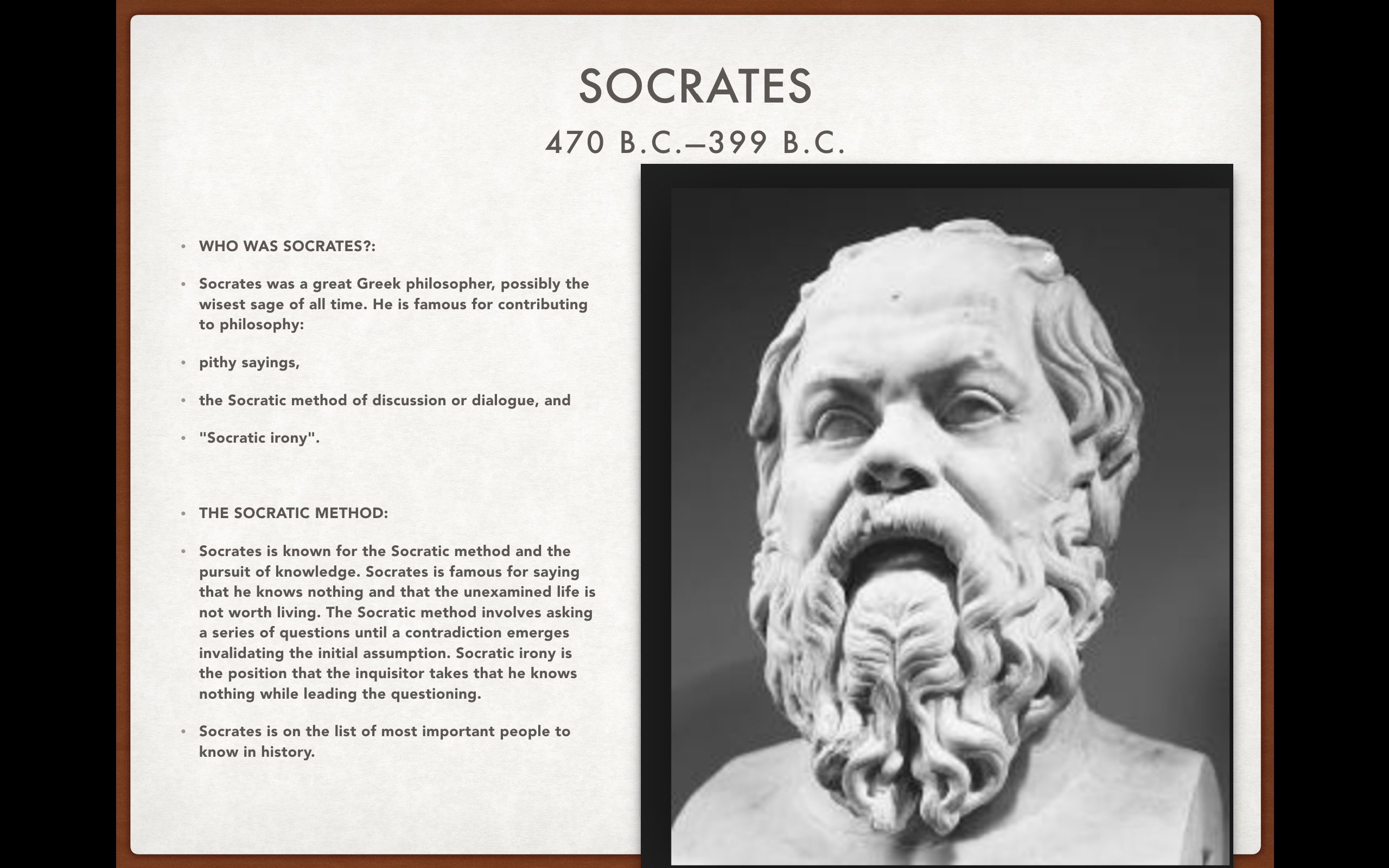Contact Mrs. Parker's 6th Grade L.a. Class
- Contact Mrs. Parker's 6th Grade L.a. Classification
- Contact Mrs. Parker's 6th Grade L.a. Classroom
- Contact Mrs. Parker's 6th Grade L.a. Class
- Contact Mrs. Parker's 6th Grade L.a. Classic
Essential Course Questions: Why study world geography? How do you study geography? How do I use geographic skills and understanding (including the Five Themes of Geography) to study the world? How is the world portrayed through latitude, longitude, hemispheres, continents, regions and more? Why focus on global issues? Why does geographic thinking matter? How can a global perspective help me understand my world?
The Course: This is a geography-based course that introduces students to the physical and human geography of the world. Beginning with a spatial perspective, students explore different ways in which the earth has been represented, how geographers use specific tools and technologies in geographic inquiry, and some of the limitations of these tools. They explore patterns of natural and human characteristics and use case studies to examine how the physical environment has provided both benefits and obstacles to human society. Students will understand that human geography and physical geography overlap. In doing so, students explore how humans have used, adapted, or modified their environment and the consequences. Students then examine a variety of global topics with a focus on the Western Hemisphere that emanate from human activities such as migration and settlement, culture and cultural diffusion, population and demographic changes, resource use, and increasing networks of trade and economic interdependence. Through learning about research reports with a focus beginning with the United States, Canada and Latin America, students investigate how local, national, and international governmental and non-governmental organizations respond to contemporary issues. The different regions of the world will be used to illuminate examples of how these global issues or problems affect people in places around the world. Instead of focusing on teaching everything about every region over time. Thus, this curriculum and accompanying materials push students to take a global view of their world.
Contact Mrs. Parker's 6th Grade L.a. Classification

PARKER'S 6TH GRADE L.A. Contact Persuasive Writing Unit. Welcome to 6th Grade Language Arts! Hopefully, students have had a restful summer and have. If you want to know if we have homework in ELA class, visit The Flore Focus. The page is updated daily with our homework assignments. The page is updated daily with our homework assignments. If you need to contact Mrs. Root, please send her an email at roote@howellschools.com.
Contact Mrs. Parker's 6th Grade L.a. Classroom
Throughout the course, students will use different spatial scales (local, regional, interregional, and global), to study human patterns and global issues. In doing so, students deepen their understanding of the disciplines of history, geography, economics and political science, as well as broaden their understanding to other fields within the social studies such as anthropology, sociology, and archeology. Students explore how all of these social studies fields are both complementary and interdependent. Grounded in research on students’ thinking and learning in geography and other social science disciplines, the curriculum emphasizes how evidence from a myriad of social studies fields collectively provides a broad and detailed picture of our world.
Rationale: In an ever flattening world, nearly all Americans are affected by world events. The global impact of events emanates not only from political and diplomatic forces and events, but also from the powerful “crosscurrents of an increasingly global economy.” Traditional human concerns about economic, political, social, and environmental issues manifest themselves across the globe in a variety of ways. Using a geographic lens to explore global phenomena provides a means for students to compare how humans in different places address similar issues. It also enables students to study broad patterns of human behavior and the global consequences of those actions. Knowledge, understanding, and application of geographic content and perspectives are essential to bring coherence to the causes and effects of physical and human events that occur on the Earth’s surface.
Units of Study
Contact Mrs. Parker's 6th Grade L.a. Class
- Understanding Geography
- Foundations of World Geography
- The World in Spatial Terms
- Population and Migration
- Culture
- Human-Environment Interactions
- World Trade
- Globalization
Alignment to Michigan Grade Level Content Expectations and Common Core Literacy Standards for History/Social Studies

Contact Mrs. Parker's 6th Grade L.a. Classic
Through collaboration with Michigan Citizenship Collaborative Curriculum of Oakland Schools, the units of study are aligned to the Michigan Social Studies Content Expectations adopted by the State Board of Education in 2007, as well as the Common Core State Standards for Literacy in History/Social Studies and the C3 Framework promulgated by the National Council for the Social Studies.
